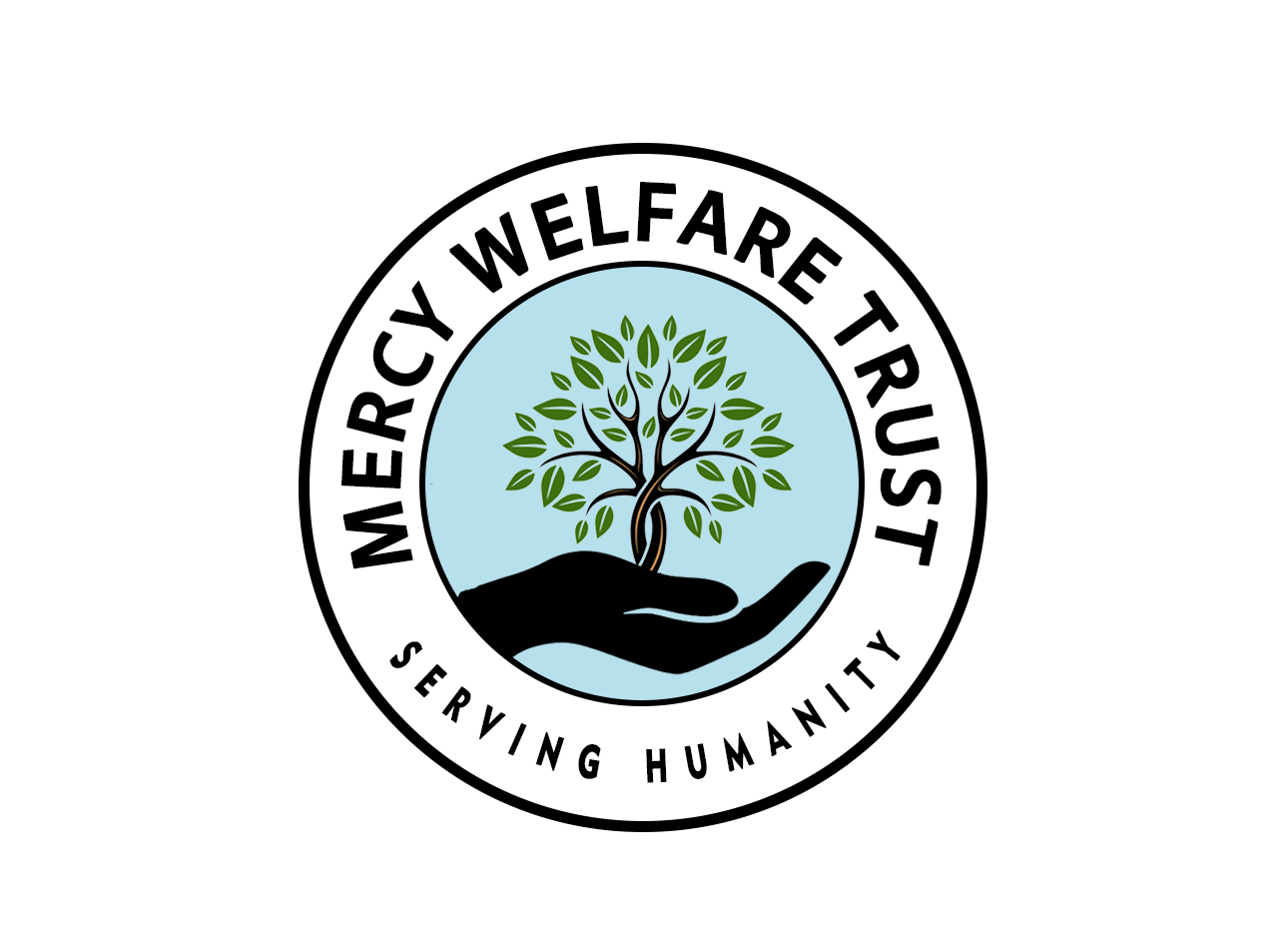
What is Sadaqah
Sadaqah, or voluntary charity, is a profound act of worship in Islam that extends beyond the simple giving of wealth—it is a powerful tool for spiritual purification, the expiation of sins, and the drawing closer to Allah (SWT). Unlike Zakat, which is obligatory and calculated based on specific assets, Sadaqah is entirely voluntary and can be offered at any time, in any amount, and for any cause that benefits humanity. It is an act rooted in sincerity, compassion, and a deep yearning to please Allah and serve His creation.
Allah (SWT) emphasizes the transformative power of Sadaqah in the Qur’an, stating:
“Take Sadaqa from their wealth to purify and cleanse them and pray for them. Your prayers bring relief to them.”
(Qur’an 9:103)
This verse underlines the dual benefit of charity: it purifies the soul of the giver by removing the stain of greed, and it brings tangible relief to those in need. Sadaqah is not only a material contribution—it is a means of spiritual elevation. It softens the heart, increases empathy, and fosters a sense of unity within the community.
Throughout Islamic history, the most noble companions of the Prophet Muhammad (SAW) exemplified the true spirit of Sadaqah. Among them, Abu Bakr As-Siddiq (RA) stands out as a paragon of selflessness and devotion. On one remarkable occasion, when the Prophet (SAW) called upon the believers to give for the sake of Allah, Abu Bakr (RA) brought everything he owned. The Prophet (SAW), moved by this incredible sacrifice, asked, “What have you left for your family?” Abu Bakr replied with unwavering faith, “Allah and His Messenger.” This act reflected the highest degree of trust in divine providence and the deepest love for Allah and His Prophet.
On the same occasion, Umar ibn al-Khattab (RA) had also given generously, bringing half of his wealth. When asked the same question, he replied, “I have left as much as I have brought.” Though Umar’s contribution was substantial, the Prophet (SAW) recognized the difference in spiritual rank, acknowledging Abu Bakr’s complete reliance and surrender to Allah. He said, addressing them both, “Your ranks are evident from your replies.”
These stories are not just historical accounts—they are timeless lessons. They teach us that true charity is not measured merely by the amount given, but by the sincerity behind it, the sacrifice it entails, and the trust placed in Allah. Sadaqah comes in many forms: a coin given to a beggar, a meal offered to the hungry, a kind word to someone in distress, or even removing harm from a pathway. Each act, no matter how small, carries immense weight in the sight of Allah when done with a pure heart.
In a world where hardship and inequality persist, the importance of Sadaqah cannot be overstated. It is a divine tool granted to the believer to uplift others while purifying oneself. As we strive to embody the mercy and generosity taught by the Prophet (SAW), let us remember that every act of giving, no matter how small, has the potential to bring us closer to Allah and make a lasting impact on someone’s life.
May we be among those who give generously, sincerely, and with full faith in Allah’s promise:
“The example of those who spend their wealth in the way of Allah is like a seed [of grain] that sprouts seven ears; in every ear there are a hundred grains. Allah multiplies for whom He wills.”
(Qur’an 2:261)

